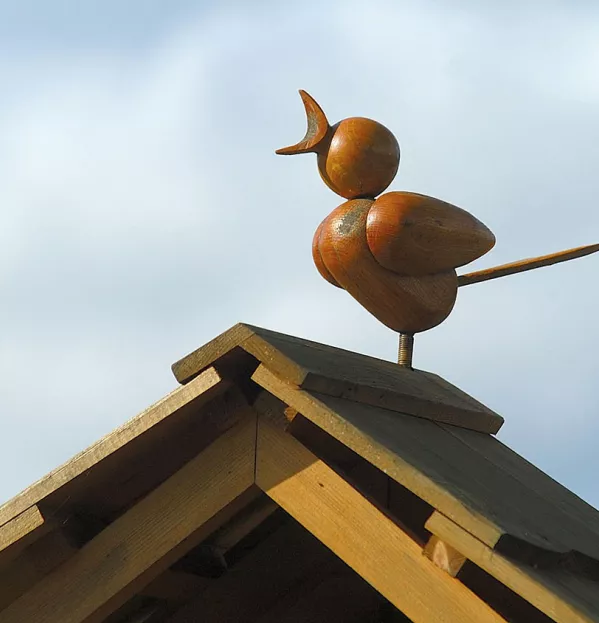Just after I started working for Tes Scotland in 2006, we ran a front page about a primary teacher who had won a big award. But the story wasn’t primarily about her excellence - it was about the vicious backbiting and sneering comments that she had been subjected to online.
From her critics’ point of view, her crime was trying to make herself seem better than other teachers. The teacher was basking in a false sense of glory, they seemed to be arguing, in a way that was unseemly for the teaching profession.
And this wasn’t a one-off. A former colleague of mine, who had worked for Tes since the 1980s, said it was hard persuading teachers in Scotland to talk about themselves and their work - it just wasn’t the sort of request they were accustomed to.
What was normalising this reticence and driving the sort of negative reaction endured by the award-winning teacher? Tall poppy syndrome? The Scottish cringe? Something more particular to education?
Whatever it was, there’s no doubt that, 13 years later, things have changed profoundly. You only have to scroll through Twitter for a few seconds to see teachers routinely celebrating their successes or - more likely - those of their pupils, and it’s very rare that any pot shots are aimed at those teachers.
The notion of keeping schtum about what goes on at school must seem alien to young teachers entering the profession in 2019. Only last week, in a piece for Tes, one University of Dundee primary teaching student wrote that the use of blogging to share her experiences of her first forays into the classroom as a teacher had been “essential to my professional development”.
There are wider forces at play here: social media has created a global sharing culture, an instinctive urge to share successes and breakthroughs. But the profession has changed, too: from the start of their careers, teachers are now encouraged to think deeply about their practice, to collaborate with colleagues as they do so, and to share ideas and successes with peers near and far.
There may, however, be downsides to so many stories of educational success flying around online, especially if they obscure the inevitable failures that every teacher will face.
Do we really want to see the narcissistic excesses of social media creeping into classrooms? Does the sheer volume of prizes and awards diminish their value? Is the effort that goes into pretty classroom photo ops always the best use of a hard-pressed teacher’s time? And what is the psychological impact of a barrage of positivity - of the editing out of failure - on those teachers who may be struggling with their class, not to mention their mental health?
Overall, however, the sharing of schools’ and teachers’ successes - from cute little classroom vignettes on Twitter to national awards for outstanding teaching - feels like a good thing, even more so when teachers can do this without, by and large, fearing the sort of backlash our aforementioned teacher suffered in 2006.
There are, after all, few more important jobs than helping young people to prepare to make their way in life. Teachers and schools, more than most, deserve to have the occasional moment in the sun.
In any case, they don’t tend to be doing it for personal glory. Look at the social media output of any school: it’s invariably all about what the children have done, with teachers literally out of the picture.
The best teachers are driven to excel at their job not because of one-upmanship, but because they care so deeply about the young people they teach. They share their successes not for a pat on their own back - but because they want their pupils to get one.
@Henry_Hepburn
This article originally appeared in the 8 November 2019 issue under the headline “Teachers are no longer afraid to shout about school success”
